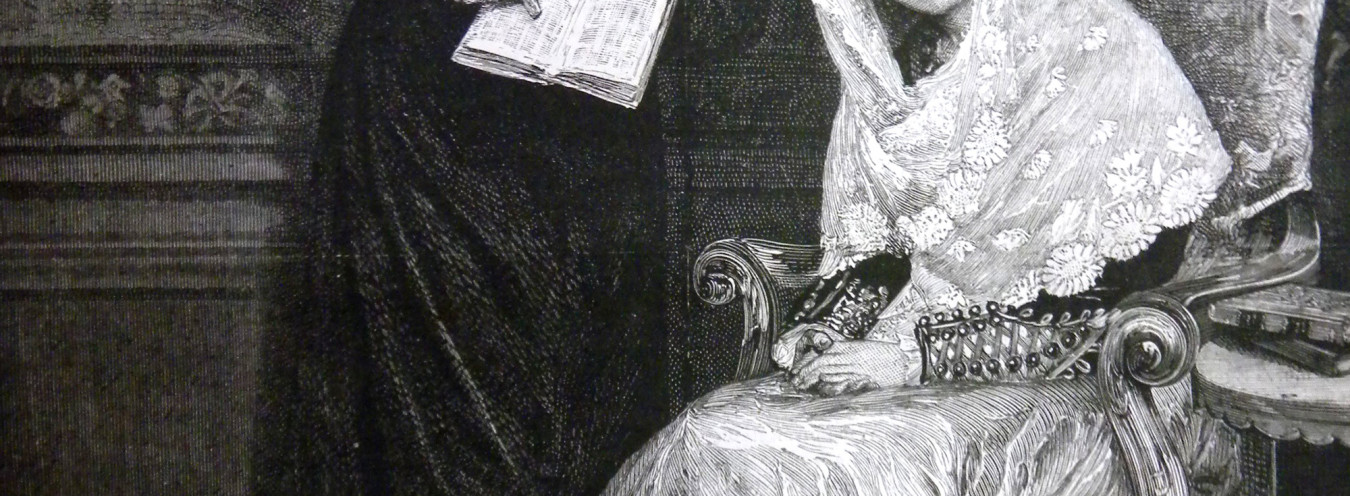
Aesopian language
He and the rest of ‘em sowed the harvest we’re still reaping to this day, and in the end Wokulski finished up somewhere in the neighbourhood of Irkutsk. (22)
Aesopian language, a way of coding primarily political content and avoiding the obstacles piled up by Tsarist censorship, was developed in the nineteenth century (although the term was coined later) and enabled communication with the reader thanks to an elaborate system of elisions, allusions, and hints. This method of conveying banned information appears as early as the first chapter of the novel. A conversation of Varsovian commentators, observing the company of J. Mincel and S. Wokulski through a bottle, contains a characteristic sentence about Wokulski’s life. It includes information about his participation in the January Rising, about repressions that were still deeply felt even many years after the national rebellion (the martial law introduced in Congress Poland in 1862 was not abolished until 1905), and about the hero’s exile to Siberia. Another example is the enigmatic scene in which young Wokulski is the only volunteer to attempt a reckless jump from Nowy Zjazd to a street running about 13 metres below; researchers interpret it as a test of courage before a dangerous resistance operation, following which the hero joined the uprising.
Aesopian language can also be found in the euphemisms used by Ignacy Rzecki in his diaries when talking about his own internment in Zamość, or about the arrest of the shop assistant Klein and the students Maleski and Patkiewicz as a result of Mr Maruszewicz’s denunciation – probably related to their socialist sympathies (The police came, some trouble occurred, and all three were taken off to jail.)
Sometimes such subtle hints were not necessary. Certain facts, names and dates had clear associations for Polish readers, and their appearance, if lacking in commentary, did not need to provoke the censors’ intervention. During Rzecki’s conversation with his colleague (i.e., also an ex-officer) agent Wirski and Jadwiga Misiewicz, the old lady asks: So you have been abroad? Fancy that! – to which he answers, In 1849, and somewhat later. (It is obvious that this stay abroad was a result of Rzecki’s participation in the Hungarian Revolution). Furthermore, it is probably not a coincidence that Wokulski remembers the names of the beautiful streets of Paris as he walks around (this is the rue La Fayette, and that the Boulevard Magenta; Hôtel des Invalides, the Place de la Bastille). The names of military men, statesmen, and places of battles call up associations with the French Revolution and the times of Napoleon Bonaparte’s glory. In this oblique way, Prus reminds his readers of those names, and the Russian censor has no reason to erase them from the map of the French capital.
→ Censorship; → Russia; → Russians in Warsaw; → Suzin; → Poles in Siberia;
Bibliografia
- A. Martuszewska, Ezopowy język entry, in Słownik literatury polskiej XIX wieku, ed. J. Bachórz i A. Kowalczykowa, Wrocław 1991.
- J. Bachórz, Introduction to B. Prus, Lalka, BN I 262, Wrocław 1991,1998.
- M. Dziugieł-Łaguna, Ezop opowiada Lalkę. O werbalnych i niewerbalnych sposobach komunikacji z czytelnikiem w powieści Bolesława Prusa, „Napis,” series 15 2009.



